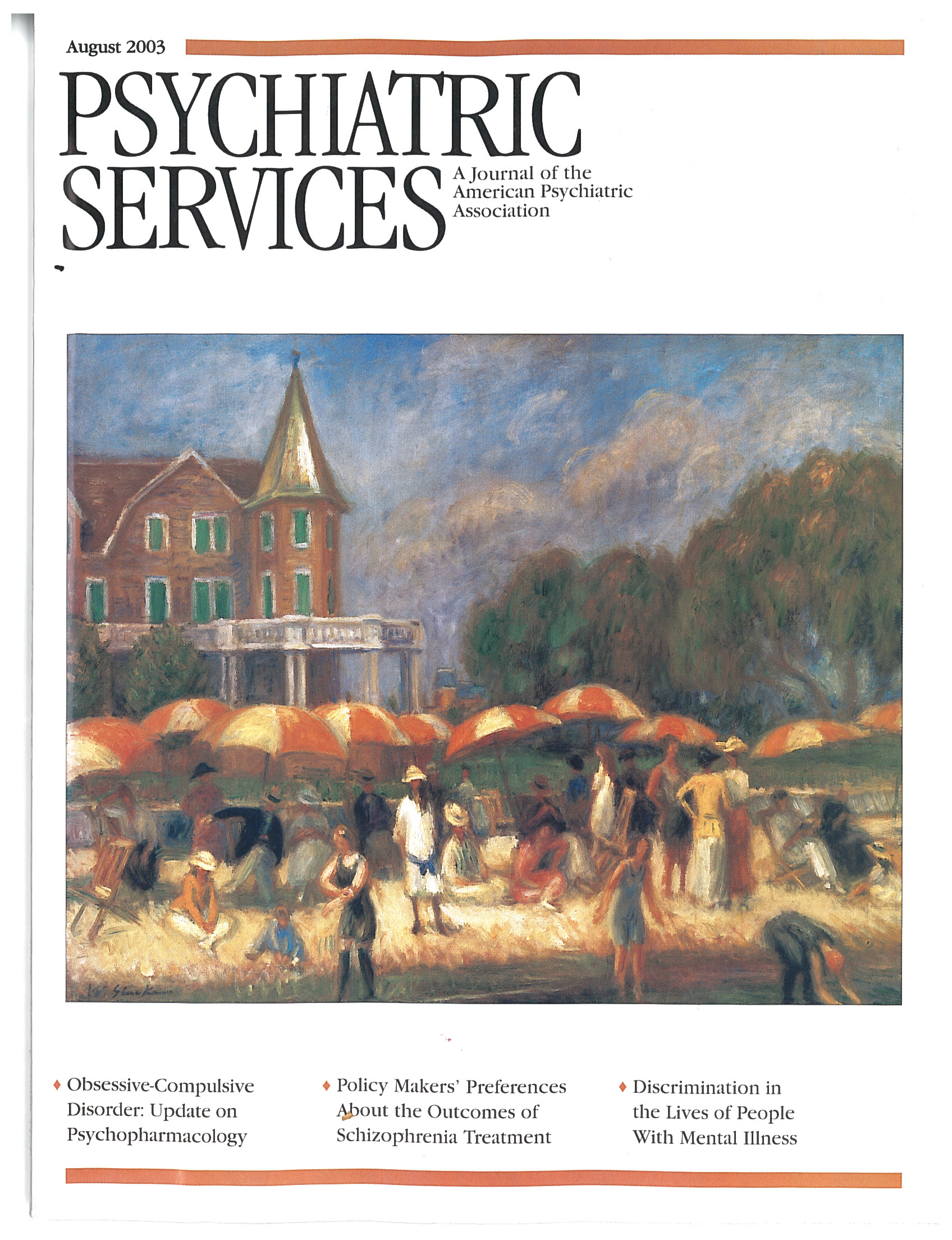Interviews With Brief Therapy Experts
Michael F. Hoyt, the author of Interviews With Brief Therapy Experts, is a family therapist and senior psychologist with Kaiser Permanente in California who writes and teaches about brief therapy and its relationship to managed care. The text contains 11 interviews that Hoyt conducted between 1992 and 1998 with individuals who helped develop the brief therapies he terms "constructive therapies." Hoyt assumes that the reader is familiar with social constructionist principles and Milton Erickson's work—both are referred to frequently but not explained. Even the individuals interviewed are given scant introduction beyond a list of their publications. A description of their contributions to the field might have made this book more coherent.
Despite the author's avowed goal to explore technical, theoretical, and ethical aspects of the theory and practice of brief therapy, one suspects that this was not necessarily the defined goal at the time each of these interviews was conducted. This is not to say that the interviews aren't interesting. This is an eclectic collection. Some interviews are structured and focused, some conversational and meandering. In one of the best interviews, Donald Meichenbaum articulately describes his rationale for combining a narrative constructionist approach with a cognitive-behavioral model in the treatment of posttraumatic stress disorder. In another chapter, Bill O'Hanlon thoughtfully discusses how he has used the techniques of Carl Rogers, hearing and acknowledging the felt experiences to modify a solution-oriented approach in working with sexual abuse. With the exception of these interviews, the treatment of significant psychiatric illness is not addressed. One interview contains a very personal account of how life events shaped a therapist's approach to clinical work. Other interviews contain esoteric discussions of theory, hermeneutics, and whether it is possible to "know reality."
The unifying themes of these conversations are a concern with the potential of psychotherapy to dehumanize and demoralize through the use of pathologically based language and an awareness of how the intrinsic power imbalance in the therapeutic relationship may lead to the imposition of agendas that are inconsistent with a client's goals.
These therapies attempt to address these issues through the use of both language and the conduct of the therapeutic interaction to promote empowerment and self-respect. They focus on identifying strengths, collaboratively defining goals, and devising solutions. The fundamental structure and techniques of this work are cognitive-behavioral in orientation: defining a specific problem and monitoring progress toward a goal in behavioral terms, with clearly defined responsibilities of both the client and the therapist. The emphasis is on experiential learning that leads to change, as opposed to understanding or insight.
In sum, Interviews With Brief Therapy Experts is not an introduction to this therapeutic approach and will be most appreciated by those who are already familiar with the work and the theoretical orientation of those interviewed. However, the structure of the book—a set of self-contained interviews that can be read in any order and a readable, nonpedantic text—has its appeal. The collection, although perhaps lacking in depth, may cover enough ground to be thought-provoking to those who are interested in the puzzle of how to help suffering people grow.
Dr. Eisenmenger is affiliated with the department of psychiatry of the University of Massachusetts Medical School in Worcester.



